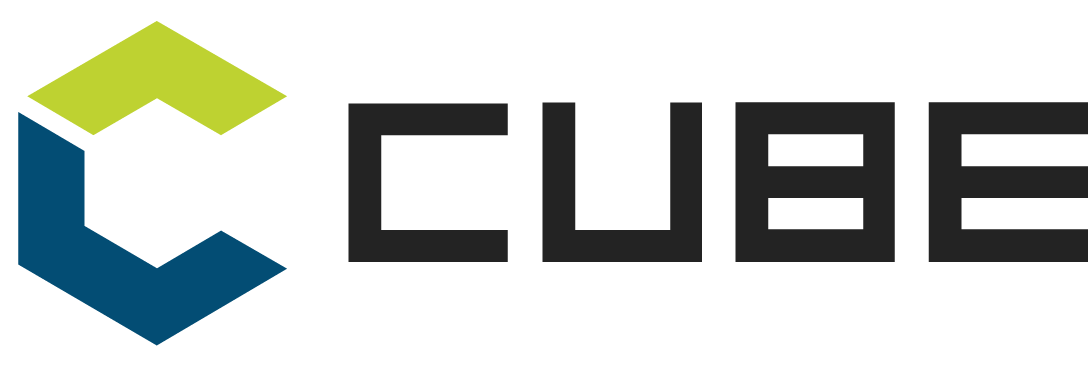
25 Jan Youngsters & Research – Highlights of CUBE’s Deep Dive event
We all remember climate activist Greta Thunberg. She is living proof that youngsters have more impact and let their voice be heard more than ever before. CUBE organized a webinar to take a deep dive into the world of youngsters. During this event we got interesting insights and fresh updates about how youngsters view the world, their current climate, the impact for research and how this is translated into marketing.

“Gen Z is the first group to adopt the new”, says Erik Luijts, Managing Partner at DataSynergy. “Study the youngsters and you get a sneak preview of what will happen in other generations as well.” With our life expectation ever rising, it’s not about how old you are but how old you feel. It’s mental age that matters for marketeers. And since youngsters set the trend, youth is becoming a reference group for all ages because it symbolizes a young mental spirit.
But how do you reach Gen Z as a market researcher? Response rates are ever dropping, also due to the ‘what’s in it for me mindset’. To truly engage with Gen Z, you need to go the extra mile. Combine the 4 root data sources (conversational, desk, database and observational research) to build a creative research design which engages young consumers. “Crucial, because Gen Z will not keep participating in surveys if we don’t invest in respondent experience”, says Luijts. That’s why Gen Z raises the bar for market researchers. If you want youngsters to participate in market research, ask the right (amount of) questions and reward them with intrinsic motivation (make it fun!) and some cash to thank them for participating.
However, even with the right approach it isn’t easy to get Gen Z’s attention nowadays. “With an attention span of 8 seconds and a simultaneous use of 3 or 4 screens, Gen Z is hard to catch”, says Wilko Rozema, Director Sales Benelux @ Dynata. He tells us how to keep research future-proof. Nowadays only 20% of all surveys take less than 10 minutes and only half of them is mobile friendly. Youngsters are cautious and reluctant when it comes to sharing personal information. Give them more control, gain their trust, add a game element and give them something in return for participating in a survey. Summarized Rozema points out 5 needs for market research: new ways of recruiting, higher monetary incentives, shorter interviews, privacy & security and an engaging survey design.
Two people who know all about researching Gen Z share their latest findings on a global research on youngsters and their take on the world with us. Joeri Van den Bergh, Co-Founder & Future Consumer Expert @ Insites Consulting and Begonia Fafian, K&I Director @ Coca-Cola Western Europe tell us about their research into the impact of Covid-19 on the world of 16+ teens. COVID-19 effects the feelings, attitudes and opinions of teens, as well as their everyday routines and behaviour. The lockdowns taught teens the importance of living in the moment, because things can change overnight. They feel that they are not in control and experience FRONOMO: the Frustration Of NO Moments for many real-life events. Hygiene, safety and health concerns became top priorities for them, but issues such as equality, sustainability and eco activism are not off their agenda. The lockdown improved family bonds, made room for new digital hang-outs and hobbies, spawned new positivity oriented icons and made their bedrooms the center of their (TikTok)lifes. Teens are looking for authentic people who share relevant, real and funny content. They support brands that are getting it right and that endorse their values and passions to right the worlds wrongs. They worry about their future (education and career), financial stability and domestic violence. The environment, local business and their own mental and physical health gain importance. Gen Z has become generation Homebuddy, realizing things will not be normal for a while, they re-invented cocooning in the cosiness of their bedrooms.
And finally, Louis-Philip Cattoir, Paid Social Media Consultant for Samsung @ Publicis Group shows us how to approach Gen Z on social media using the launch of the latest Galaxy S20FE as an example. They created local assets on top of the global toolkit and ran a live cross-platform from Facebook to TikTok and from Spotify to Twitch. This complete targeting of Gen Z on 9 popular social channels paid off. They’ve reached over 1.1 million Gen Z’s on Facebook alone and increased their action intent in the pre-order phase by 2%. His key take-away? “Always use your data and insights, from targeting to content creation.”
“We have seen a plead for new creativity today and the Coca-Cola and Samsung cases have shown us how to put that into practise”, concludes CUBE-host Dziubi Steenbergen, research manager FMCG @ InSites Consulting.
